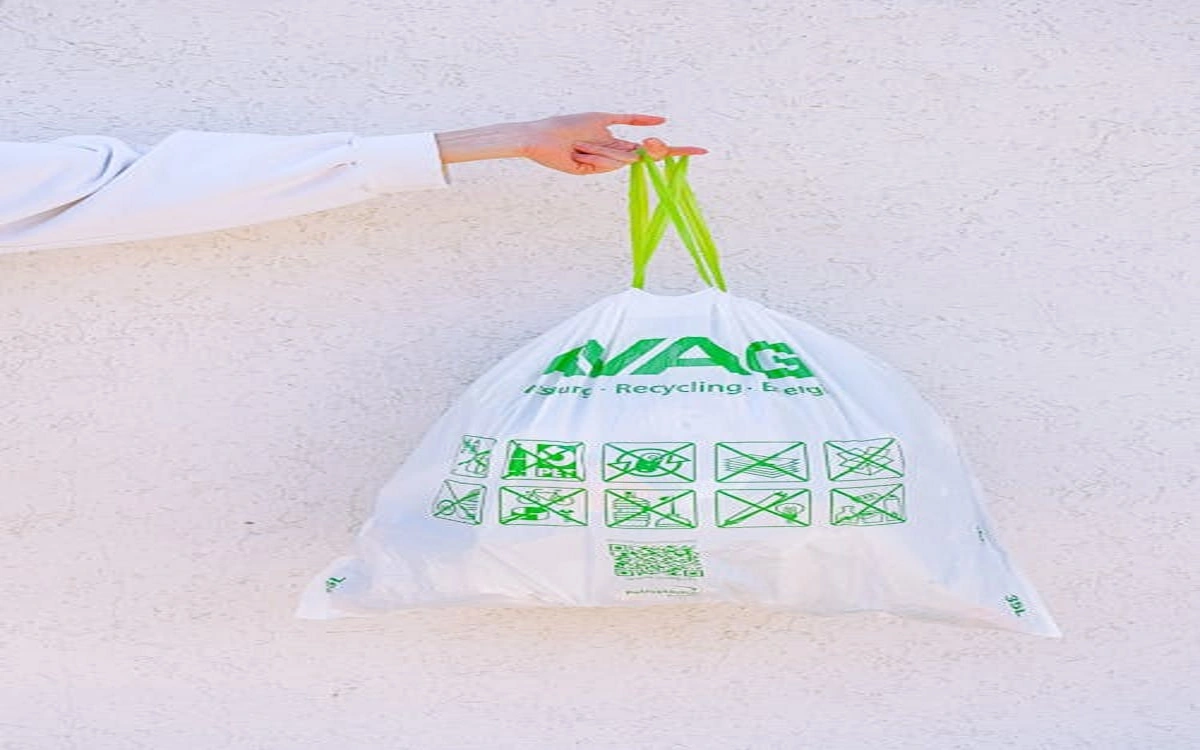|
Getting your Trinity Audio player ready...
|
In a significant move towards curbing plastic waste, a set of bills aimed at eliminating thicker, reusable plastic bags from California grocery stores has advanced through the state legislature. This initiative, backed by environmental advocates and lawmakers, seeks to address the growing concerns over the detrimental impact of these bags on the environment.
The Plastic Bag Predicament
Reusable plastic bags, often touted as a more sustainable alternative to single-use plastic bags, have become increasingly prevalent in California grocery stores. However, studies have shown that these thicker bags contribute significantly to plastic pollution due to their prolonged lifespan and potential for mismanagement [1].
According to a report by the California Statewide Commission on Recycling Markets and Curbside Recycling,
While reusable plastic bags were initially seen as a solution to the single-use plastic bag problem, their increasing production and use have led to a new set of environmental challenges.[2]
The Legislative Push
Recognizing the urgency of the situation, California lawmakers have proposed a set of bills that aim to phase out the distribution and sale of thicker, reusable plastic bags in grocery stores across the state. The bills, which have recently cleared crucial legislative hurdles, include measures such as:
- AB 2145: This bill, introduced by Assemblymember Laura Friedman (D-Glendale), seeks to prohibit the distribution of reusable plastic bags by grocery stores and other retail establishments starting in 2026 [3].
- SB 1256: Sponsored by Senator Ben Allen (D-Santa Monica), this bill targets the sale of reusable plastic bags, aiming to ban their sale in grocery stores and other retail outlets by 2027 [4].
- AB 1690: Proposed by Assemblymember Jesse Gabriel (D-Woodland Hills), this bill focuses on establishing recycling and composting requirements for reusable bags, ensuring proper end-of-life management [5].
Stakeholder Perspectives
Environmental groups have lauded the legislative efforts, citing the potential positive impact on reducing plastic pollution and promoting more sustainable alternatives.
These bills represent a crucial step forward in addressing the growing plastic crisis,
said Emily Parker, a spokesperson for the California Environmental Protection Agency.
Reusable plastic bags have become a significant contributor to the problem, and it’s time to move towards more eco-friendly solutions. [6]
However, the plastics industry and some retailers have raised concerns about the potential economic impact and the availability of affordable alternatives.
We understand the environmental concerns, but a sudden ban on reusable plastic bags could disrupt supply chains and increase costs for consumers,
stated Robert Johnson, a representative from the California Grocers Association [7].
The Path Ahead
As the set of bills continues to navigate through the legislative process, intense debates and negotiations are expected. Proponents argue that the phase-out period provides ample time for retailers and consumers to adapt, while critics emphasize the need for a gradual transition and support for viable alternatives.
Regardless of the outcome, California’s efforts to address the reusable plastic bag issue have ignited a broader conversation about sustainable practices and the role of legislation in shaping a more eco-friendly future.
For More News Update Visit California News



